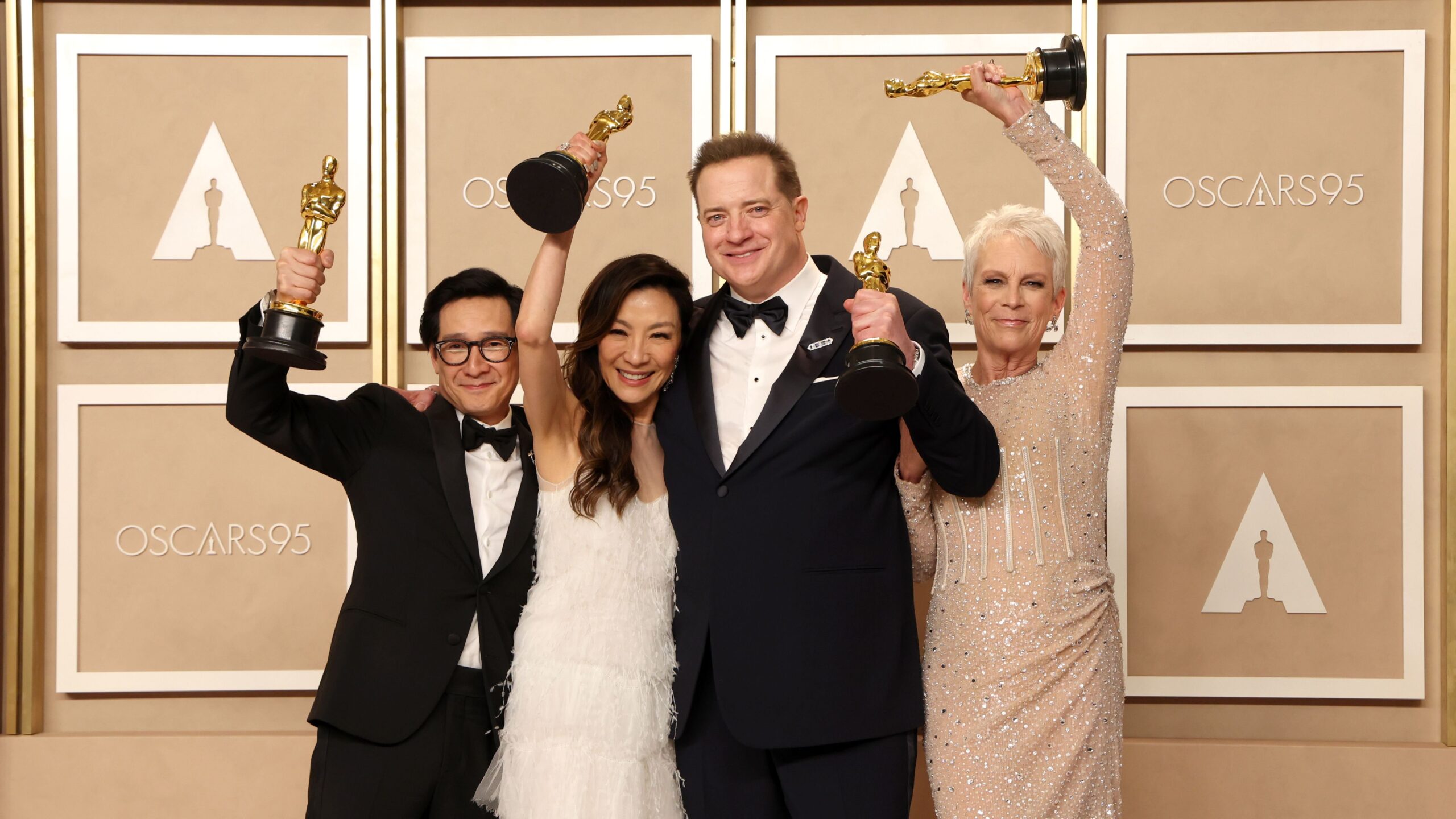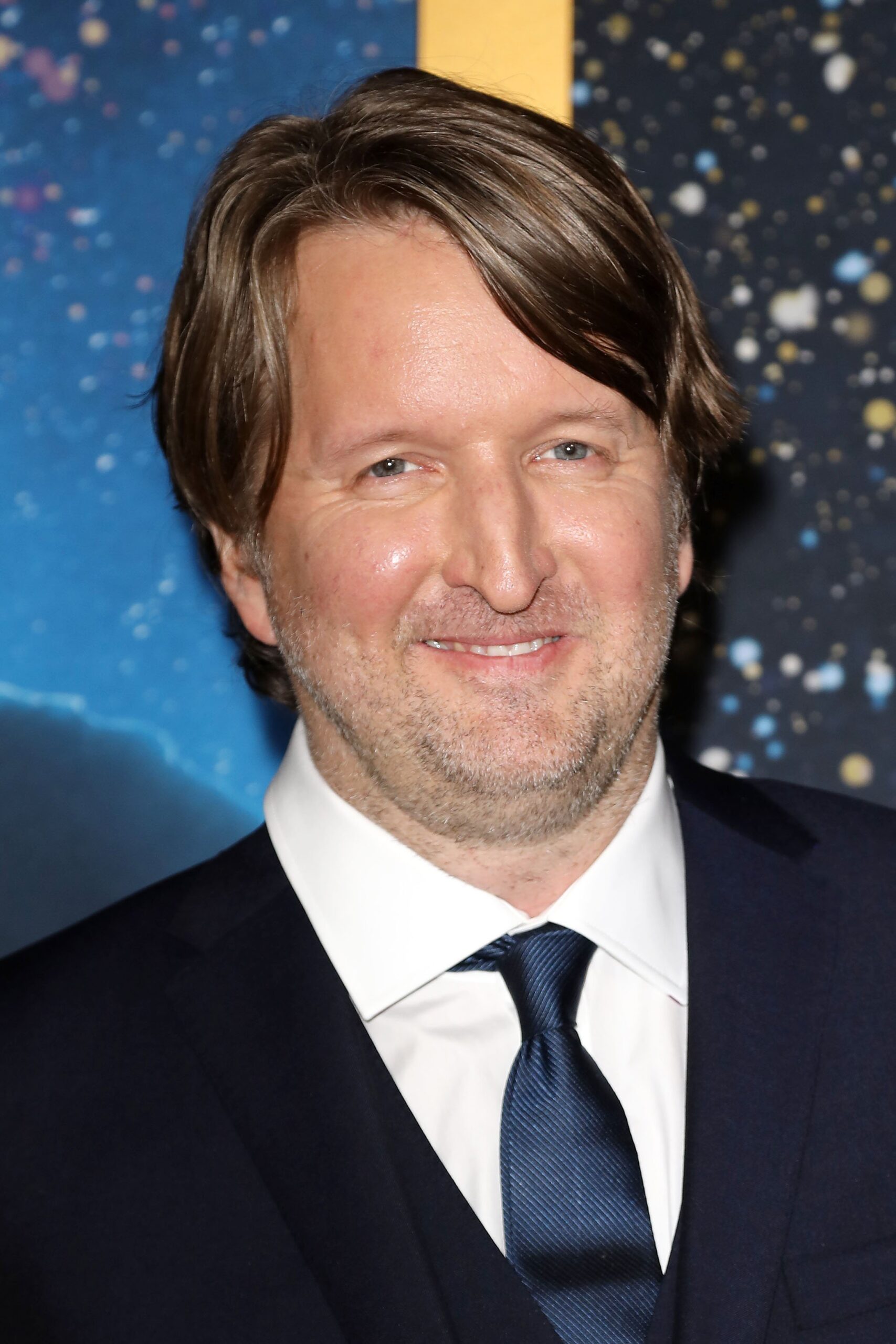Last week, the fashion world was taken by surprise as Law Roach noisily retired from styling. The famed stylist is known for saving the fashion careers of many celebrities, pulling them out of tone-deaf, trendless outfits and into the world of serving absolute looks. If you’ve loved what a celeb is wearing, Law Roach probably […]






